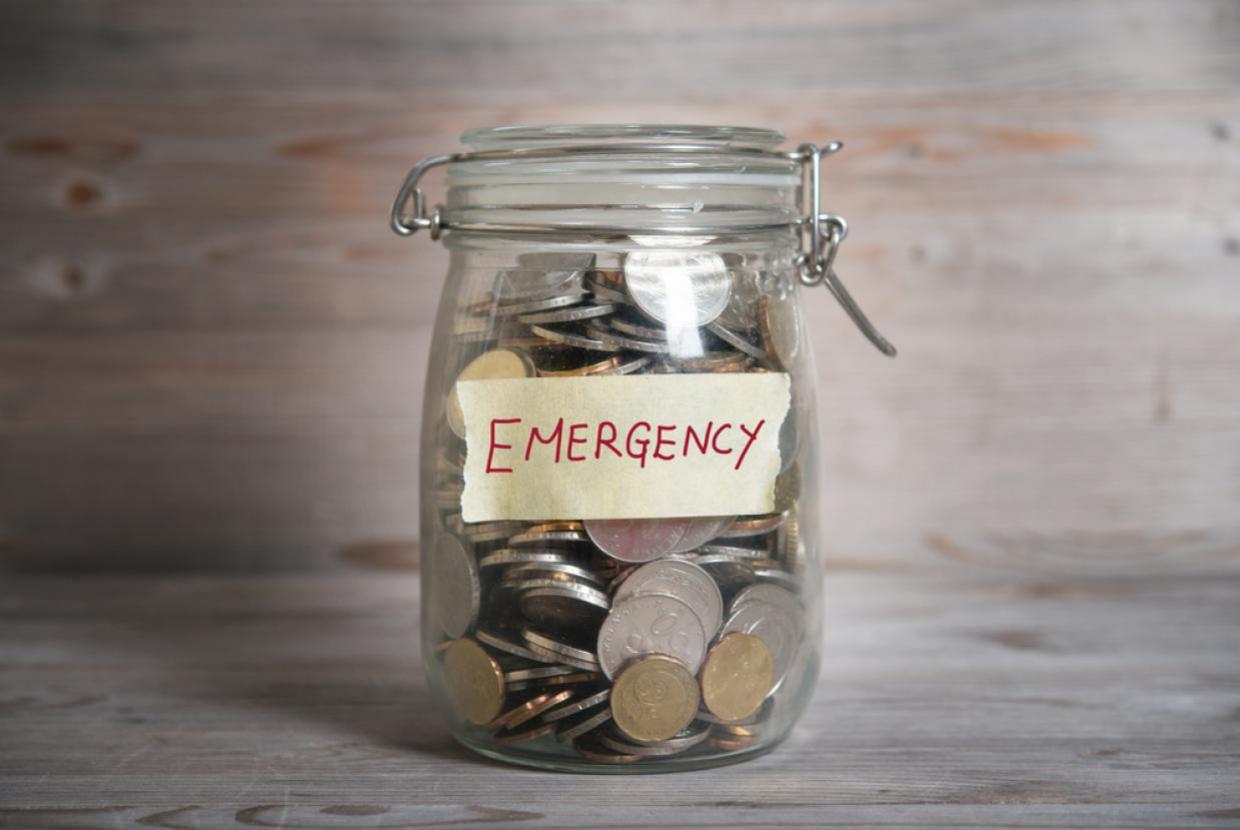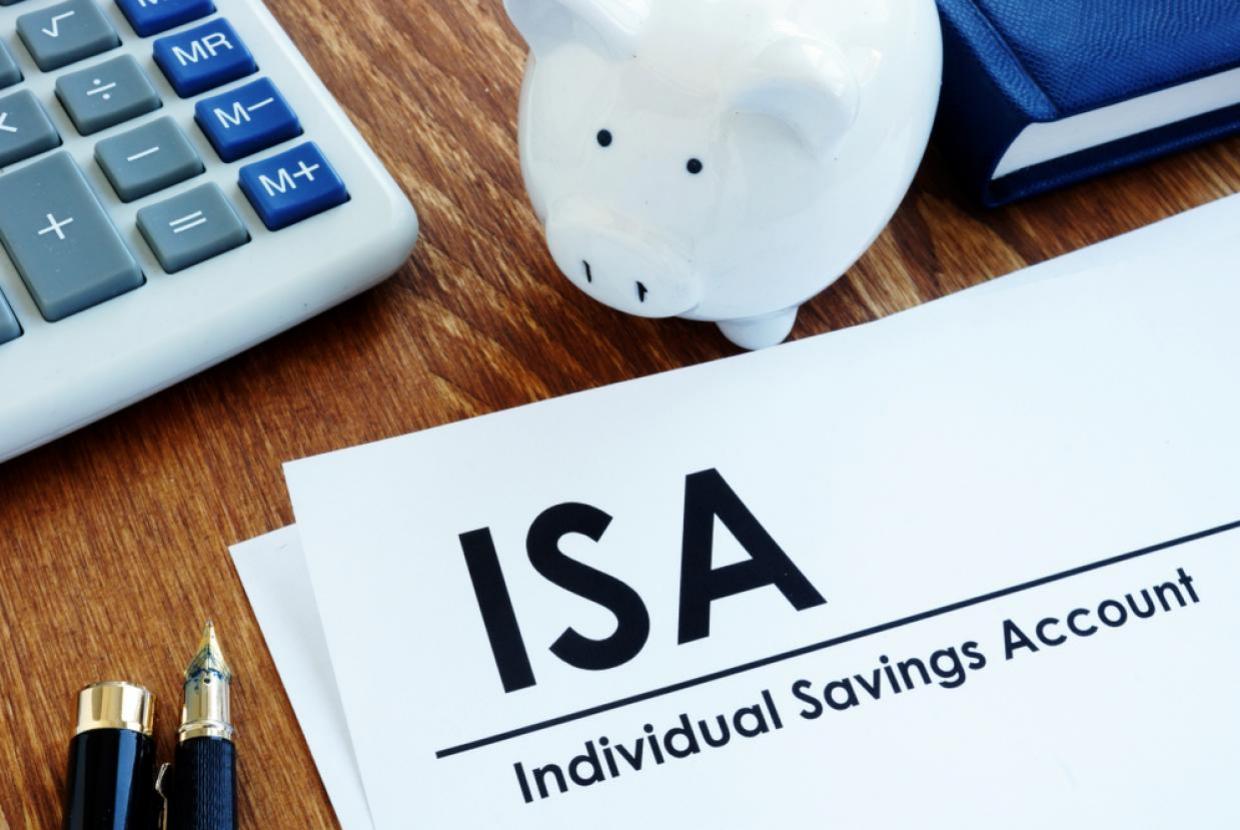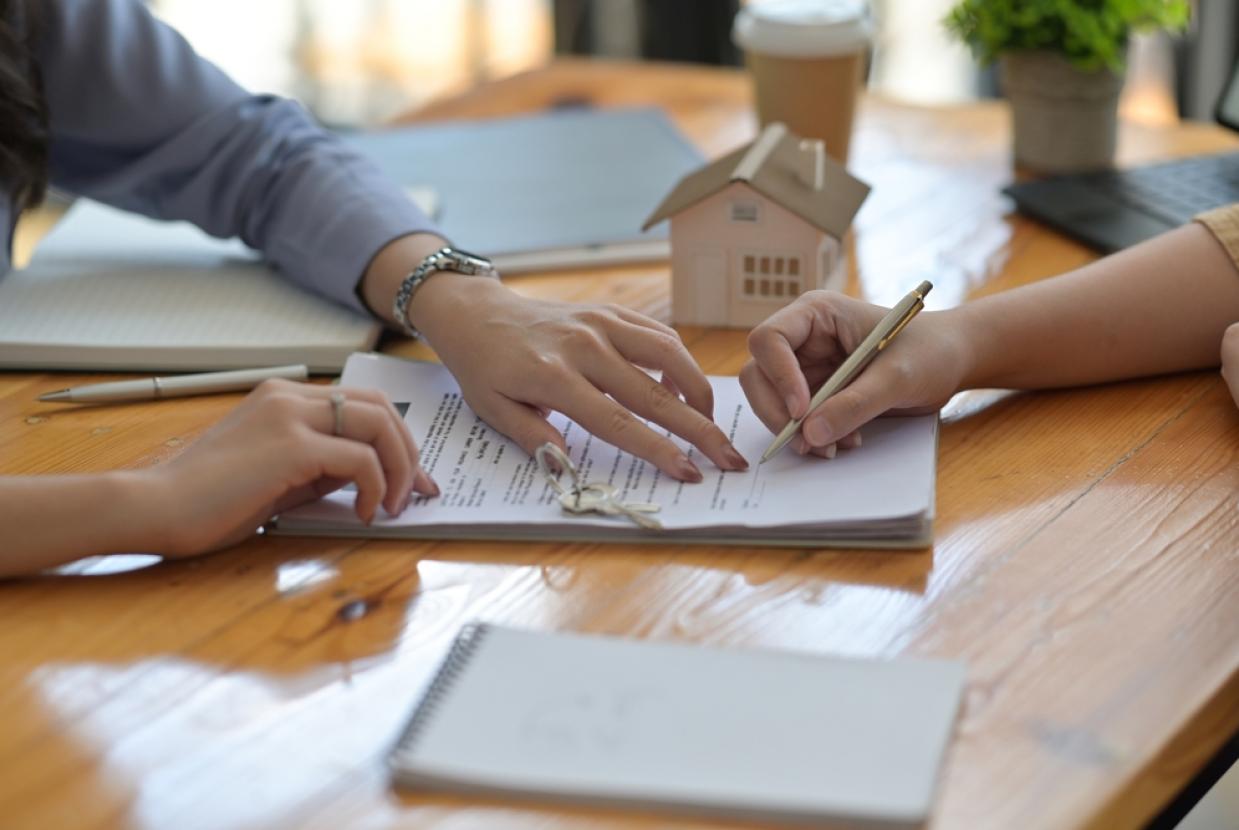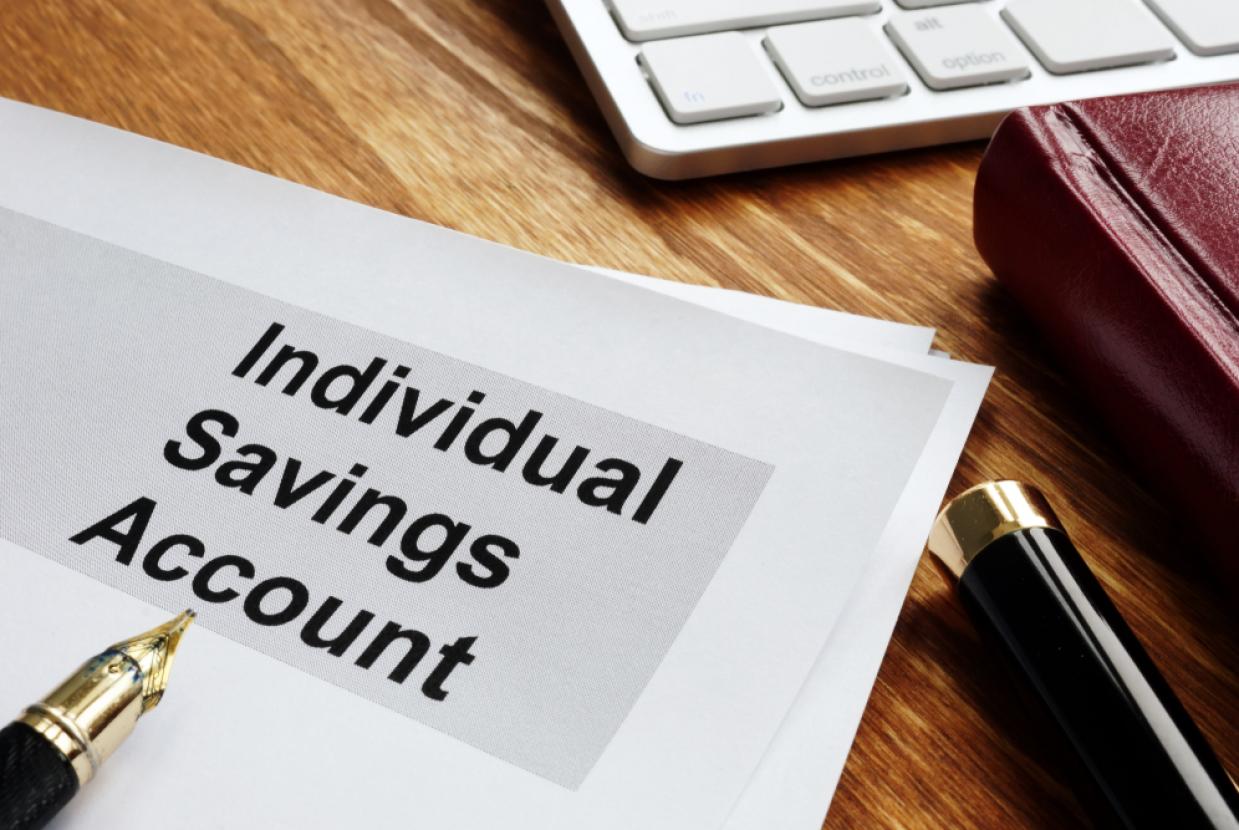Mortgage-Related Fees & Costs
Whether you’re buying a home, selling, or doing both at the same time, the process isn’t cheap. From a mortgage deposit through to running costs, we’ll explain everything you might need to pay.
How much do you need to buy or sell a property?
When buying or selling a home, you could potentially spend over £5,000 on fees. This doesn’t include your deposit and Stamp Duty or Land Tax.
If you’re selling your current home and buying a new one, you could spend double this amount.
What you ultimately pay depends on which services are needed as part of your move, where you live, the property value and the choices you make along the way.
Deposit
The deposit is the amount of money you pay upfront when buying a home.
Typically, this needs to be at least 5% to 20% of the property purchase price.
For example, a deposit for a £300,000 home could be:
- £15,000 (5%)
- £30,000 (10%)
- £45,000 (15%)
- £60,000 (20%) or more.
You’re more likely to be offered a lower mortgage interest rate if you have a larger deposit. As a general rule, a deposit of at least 40% of the property price should get you the most competitive mortgage deal.
The UK House Price Index reports the average house price in the UK is £281,000 (May 2024).
Estate agent’s fee
Sellers usually pay between 1% to 3% of the final sale price plus 20% VAT when using an estate agent. You can negotiate the price when the agent puts your property on the market.
Online estate agents often charge a flat fee for their service.
It's worth comparing prices for both online and high street estate agents. Then you can see which is better value for you and your ideal selling price.
Buyers typically won’t pay estate agent fees, but some online estate agencies charge a ‘purchaser fee’. Check before you make an offer to avoid an unexpected cost.
Mortgage fees
Fees when taking out a new mortgage
As a buyer, you may need to pay these fees when getting a mortgage:
- booking fee (£100-£200)
- arrangement or product fee (£1,000-£2,000+), and
- mortgage account fee (£100-£300).
It's best to pay these fees upfront. If you add them to your mortgage, you'll pay interest on them for the life of the loan.
Check if booking and arrangement fees are refundable if the mortgage doesn’t go ahead.
Remortgaging fees
You may need to pay £1000 or more for the cost of changing your mortgage.
You might owe a mortgage exit fee or early repayment charge (ERC) to your old lender if you change mortgages before the end of the deal / product term.
Talk to your lender about these costs.
‘Porting’ your mortgage
If you’re moving house, you may be able to keep your existing mortgage (this is called ‘porting’).
Mortgage valuation survey
After your offer is accepted, your mortgage provider will ask for a mortgage valuation. This survey checks if the property is worth the price you’re paying – or at least the amount you’re borrowing – before they approve your mortgage.
It’s not a full structural survey, so it won’t identify repairs or maintenance that might be needed.
Ask your lender who covers this cost. Usually, lenders pay, but you might need to budget between £150-£800 based on the property’s value.
Surveyor’s fee
Homebuyer surveys can be a significant upfront expense, ranging between £400 to £1,500.But it can save you money on repairs in the long run.
Make sure you use a surveyor who is a member of a recognised governing body, such as:
- Residential Property Surveyors Association (RPSA)
- Royal Institution of Chartered Surveyors (RICS)
Types of survey
Always choose your survey based on the age and condition of the property, not the cost.
Level 1 Home Survey (or Condition Survey)
- Most basic survey.
- Best for new and regular homes in good shape.
- Reports on property condition and finds any issues.
- Doesn’t give advice on repairs.
- Costs around £380 (and goes up with the property value).
Level 2 Home Survey (or Homebuyer Survey)
- Best for regular homes in fair condition.
- Finds structural problems like subsidence or damp, but doesn’t look under floorboards or behind walls.
- Some reports include a property valuation, which might help you change your offer.
- Costs around £400 (and goes up with the property value).
Level 3 Home Survey (or Building or Full Structural Survey)
- Most thorough survey.
- Good for all homes, especially older ones that might need repairs.
- Gives detailed repair advice; surveyor can give an opinion on hidden defects and repair options.
- Costs £600+ (and goes up with the property value).
New-Build Snagging Survey
- Independent inspection that finds any build issues.
- Developers should fix any problems before you move in and they should fix any ‘snags’ up to two years after that.
- Costs around £300 (and goes up with the property size).
Home insurance
Your lender will need you to get buildings insurance to protect your home from fire, floods, and other damage. It's also smart to get contents insurance for your things.
The average policy cost is:
- £298 per year for buildings insurance
- £132 per year for contents insurance
- £375 per year for both buildings and contents insurance
Some lenders suggest you get life insurance to pay off your mortgage if you die before it is paid off. These policies can cost less than £10 per month.
Legal and conveyancing fees
You’ll usually need a solicitor or licensed conveyancer to do all the legal work when buying and selling your home.
Legal fees are usually about £2,000, including VAT at 20%.
Buyers’ solicitors will also do local searches. This costs £250-£300 and checks for any local plans or problems.
Electronic transfer fees
As a buyer, your lender might apply a charge to move the mortgage funds to your solicitor. This costs between £25 and £50.
Your solicitor may also charge you for transferring the money from your mortgage account to the seller for a similar fee.
These costs may be included in their overall legal fees, so it’s worth double-checking if you pay.
Costs of moving home
Whether you’re a first-time buyer or a seasoned home mover, it’s important to know and prepare for the cost of moving, which can be surprisingly high.
Home removal fees
Average removal costs can start from £400 to over £1,000, although you could rent a van and do it yourself.
Remember to shop around for quotes (and references) to find a reliable and insured firm.
For added peace of mind, choose firms approved by the British Association of Removers (BAR)
Storage costs
If you’re not moving to your new home immediately, you may need somewhere to keep your possessions safe.
As a guide price, self-storage units charge around £22 to hire a storage unit of 50 square feet for a week.
Costs vary depending on the size, location and length of time you need to hire the unit.
Look around to compare prices and security – cheaper options might not have safety features like 24-hour access or CCTV monitoring.
Cleaning costs
If you’re moving from a rental, you need to leave the property clean or your landlord might charge you for breaking the terms of your lease. Find out more in our guide Moving checklist for private renters.
Mail redirection
You can get your post redirected to anywhere in the UK or overseas for up to 12 months after you move. This helps avoid missing anything important while you are letting people and companies know your new address.
Prices start from £36:
- Post Office mail redirection
- Royal Mail redirection service
Extra moving-day costs
Think about unexpected moving day costs – do you need extra childcare or a place for your pet, or will you have time to cook so should plan for takeaways for a day or two?
These little costs can add up, so make sure you include them in your budget.
Tax when buying or selling your home
Stamp Duty and Land Tax
Depending on whether you’re a first-time buyer, the value of your new home, and where it’s located, you might need to pay tax on the property.
This applies to both freehold and leasehold homes, whether you’re buying outright or with a mortgage so check out our guides to see if you’re eligible.
- In England and Northern Ireland, you’ll pay Stamp Duty
- In Wales, you’ll pay Land Transaction Tax
- In Scotland, you’ll pay Land and Buildings Transaction Tax
This can be up to 12% of the value of your new home. Use our calculators to see how much you could pay:
- Stamp Duty calculator
- Land Transaction Tax calculator
- Land and Buildings Transaction Tax calculator
Capital Gains Tax
If you’re selling a second home in the UK, including an inherited property, you might need to pay Capital Gains Tax (CGT) on any profit you make.
You usually won't pay CGT if you sell your main home, or if a dependent relative (like an elderly parent) lived in the property.
Ongoing costs after buying your home
Once you buy your own home, you’re responsible for looking after it, so here are some costs to look out for.
Maintenance and repairs
Getting an expensive repair bill as soon as you move in is not ideal. The right survey should highlight any problem that need fixing straight away.
Council Tax
The amount you pay is based on where the property is and the valuation band the property is in (apart from in Northern Ireland where rates are set individually).
Running costs
Ask the seller how much they spend on utilities – gas, electricity and water – every year.
Don’t forget to think about charges for your phone, TV subscriptions and broadband.
Leaseholder and freeholder charges
There are different ways to own a property - freehold or leasehold.If you buy a leasehold property, you might pay ground rent and service charges.
Ground rent is a yearly fee for the land your home is on. It can be as low as £10 a year or over £500 for new-build flats. Since June 2022, you don't have to pay ground rent for new leases in England and Wales. But it still applies in other parts of the UK.
Service charges are monthly fees to keep the building in good shape. Costs can vary widely, so always ask about them before you buy.
Your lease might also include a clause saying the freeholder can ask you to pay a portion of the cost for any ‘major’ works for communal spaces, so always check the small print.
If you’re buying a new-build home, ask about estate management fees. These are monthly charges for maintaining the common areas of an estate and are usually for freeholders (although some leaseholders may pay them in addition to ground rent and service charges).
Build up a savings fund for unexpected costs with our tips on emergency savings.





































